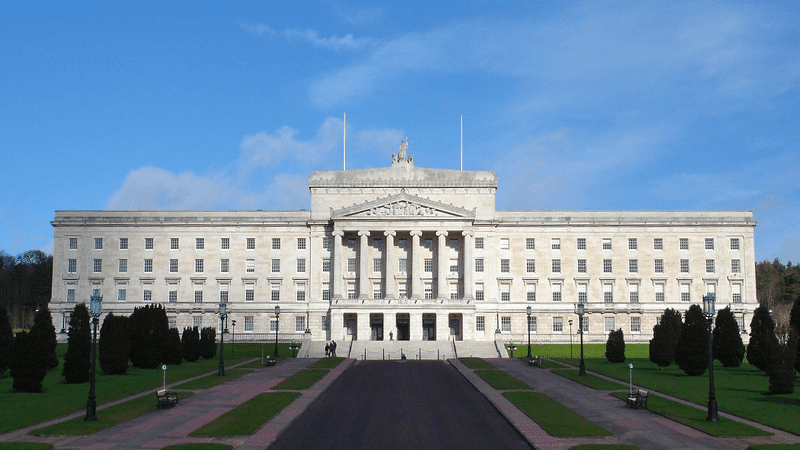Stormont has “no obligation” to implement regulations forcing the commission of abortion services across Northern Ireland, the High Court has heard.
John Larkin QC, the Province’s former Attorney General, spoke on behalf of the Society for the Protection of Unborn Children as part of its judicial review against the Westminster Government.
Westminster had granted Northern Ireland Secretary Brandon Lewis new powers to force the Executive to commission abortion services nationwide by 31 March 2022. Abortions are currently being provided by individual Health and Social Care Trusts, but Westminster politicians want this to be a requirement throughout Northern Ireland.
‘Obvious’
Mr Larkin told the court that there was a “screamingly obvious” gap in the law requiring the Northern Ireland Executive or individual departments to comply with the demands of Westminster.
He said: “A minister of the Crown cannot boss people about unless the law gives them power to do it and act in accordance with his edict, and this doesn’t.
“The Northern Ireland Office may wish such a provision had been made, it may be bitterly regretting it now, but in these regulations as it stands there is no obligation to comply with them.”
The High Court’s judgement is not expected for several months.
First Minister
Earlier this year, Northern Ireland’s First Minister said he intends to fight Westminster’s direction to make abortions more readily available.
In an interview with the BBC, Paul Givan said that he was “disappointed” with the decision made by Lewis to force the Department of Health and the Regional Health and Social Care Board to promote abortion.
As a consequence, he explained, it was his intention to “resist what the Secretary of State has done by way of a direction” and was exploring all political and legal options available for him to do so.

Abortion ultimatum: Westminster orders NI to have regime running by March 2022
Presbyterian Church in Ireland denounces UK Govt abortion ultimatum
NI disability abortion Bill takes first step towards becoming law

